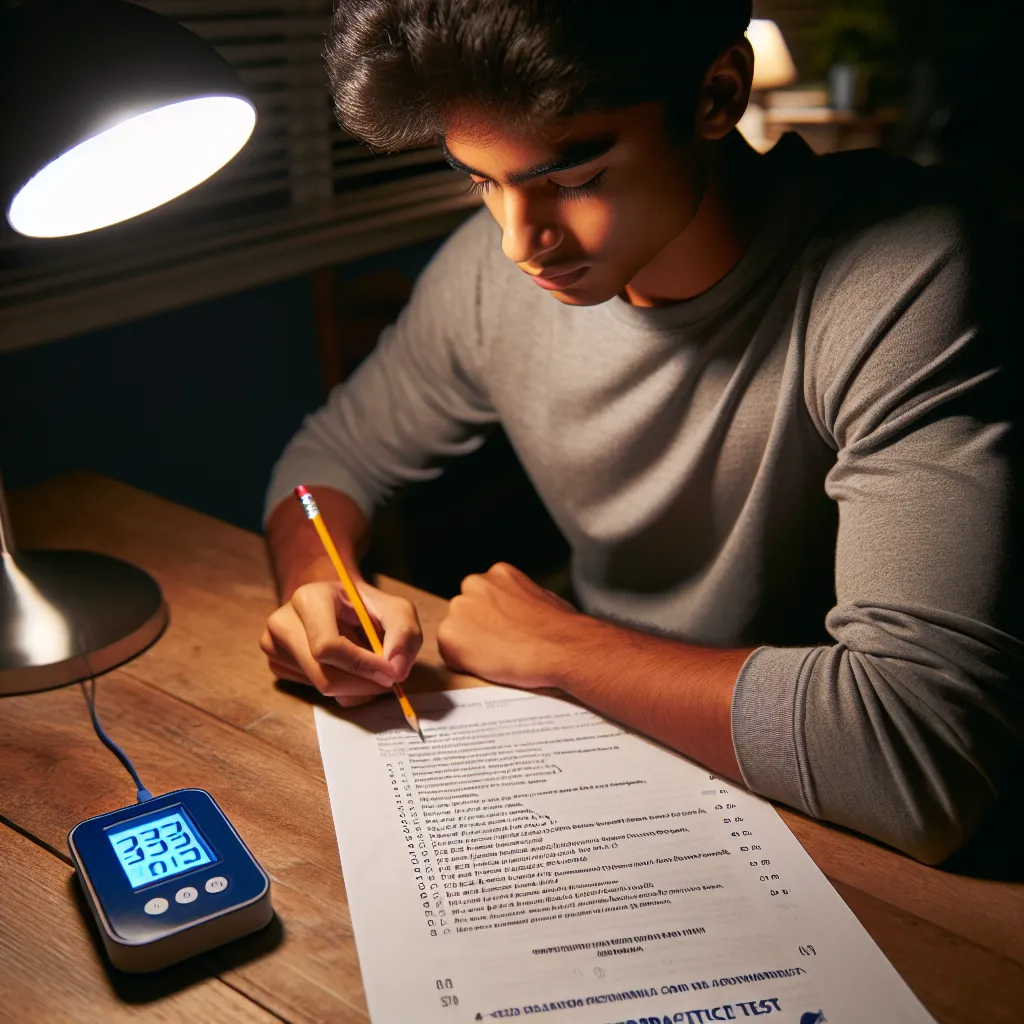Are you preparing for the Cambridge English exam and feeling overwhelmed by the Writing Task 2? You’re not alone. Many test-takers find this part of the exam challenging, but with the right approach and practice, you can significantly improve your performance. In this comprehensive guide, we’ll explore effective strategies to help you excel in Cambridge Writing Task 2.
Understanding Cambridge Writing Task 2
Before diving into improvement strategies, it’s crucial to understand what Cambridge Writing Task 2 entails. This task requires you to write an essay in response to a given prompt, typically on a general interest topic. You’ll need to present a well-structured argument, supporting your ideas with relevant examples and demonstrating your command of English grammar and vocabulary.
 Cambridge Writing Task 2 Example
Cambridge Writing Task 2 Example
Key Strategies to Improve Your Cambridge Writing Task 2 Performance
1. Understand the Task Requirements
One of the most common mistakes is not fully addressing the task. To avoid this:
- Read the prompt carefully
- Identify the key elements you need to discuss
- Make sure you understand the question type (e.g., opinion, problem-solution, advantages-disadvantages)
2. Plan Your Essay Structure
A well-organized essay is crucial for a high score. Spend 5-10 minutes planning:
- Brainstorm ideas relevant to the topic
- Choose your main points and supporting examples
- Outline your introduction, body paragraphs, and conclusion
3. Craft a Strong Introduction
Your introduction sets the tone for your essay:
- Paraphrase the question to show understanding
- Clearly state your position or main idea
- Provide a brief overview of what you’ll discuss
4. Develop Well-Structured Body Paragraphs
Each body paragraph should:
- Start with a clear topic sentence
- Provide supporting details and examples
- Use appropriate linking words for cohesion
5. Write a Conclusive Ending
Your conclusion should:
- Summarize your main points
- Restate your position
- Avoid introducing new ideas
6. Expand Your Vocabulary
A rich vocabulary can significantly enhance your writing:
- Learn new words in context
- Use topic-specific vocabulary
- Practice using synonyms to avoid repetition
7. Improve Your Grammar
Accurate grammar is essential for a high score:
- Review complex grammatical structures
- Practice using a variety of sentence types
- Pay attention to verb tenses and agreement
8. Enhance Your Cohesion and Coherence
To make your essay flow smoothly:
- Use a range of cohesive devices (e.g., furthermore, however, in contrast)
- Ensure logical progression of ideas
- Use referencing words (e.g., this, it, such) correctly
9. Time Management
Effective time management is crucial:
- Allocate 5-10 minutes for planning
- Leave 5 minutes at the end for proofreading
- Practice writing within the 40-minute time limit
10. Regular Practice and Self-Assessment
Consistent practice is key to improvement:
- Write practice essays regularly
- Use official Cambridge sample answers as benchmarks
- Analyze your mistakes and work on weak areas
Common Pitfalls to Avoid
Be aware of these common mistakes:
- Straying off-topic
- Not providing enough examples or explanations
- Overusing informal language or idioms
- Neglecting to proofread for spelling and punctuation errors
Next Steps: Putting Your Skills into Practice
Now that you’ve learned these strategies, it’s time to put them into action:
- Find sample Cambridge Writing Task 2 prompts
- Set a timer and write a practice essay
- Use the official Cambridge assessment criteria to evaluate your work
- Identify areas for improvement and focus on them in your next practice session
Remember, improving your writing skills takes time and consistent effort. Don’t get discouraged if you don’t see immediate results. Keep practicing, and you’ll gradually see improvement in your Cambridge Writing Task 2 performance.
By following these expert tips and strategies, you’ll be well on your way to achieving a higher score in your Cambridge Writing Task 2. Stay focused, practice regularly, and approach each task with confidence. Good luck with your Cambridge English exam preparation!




